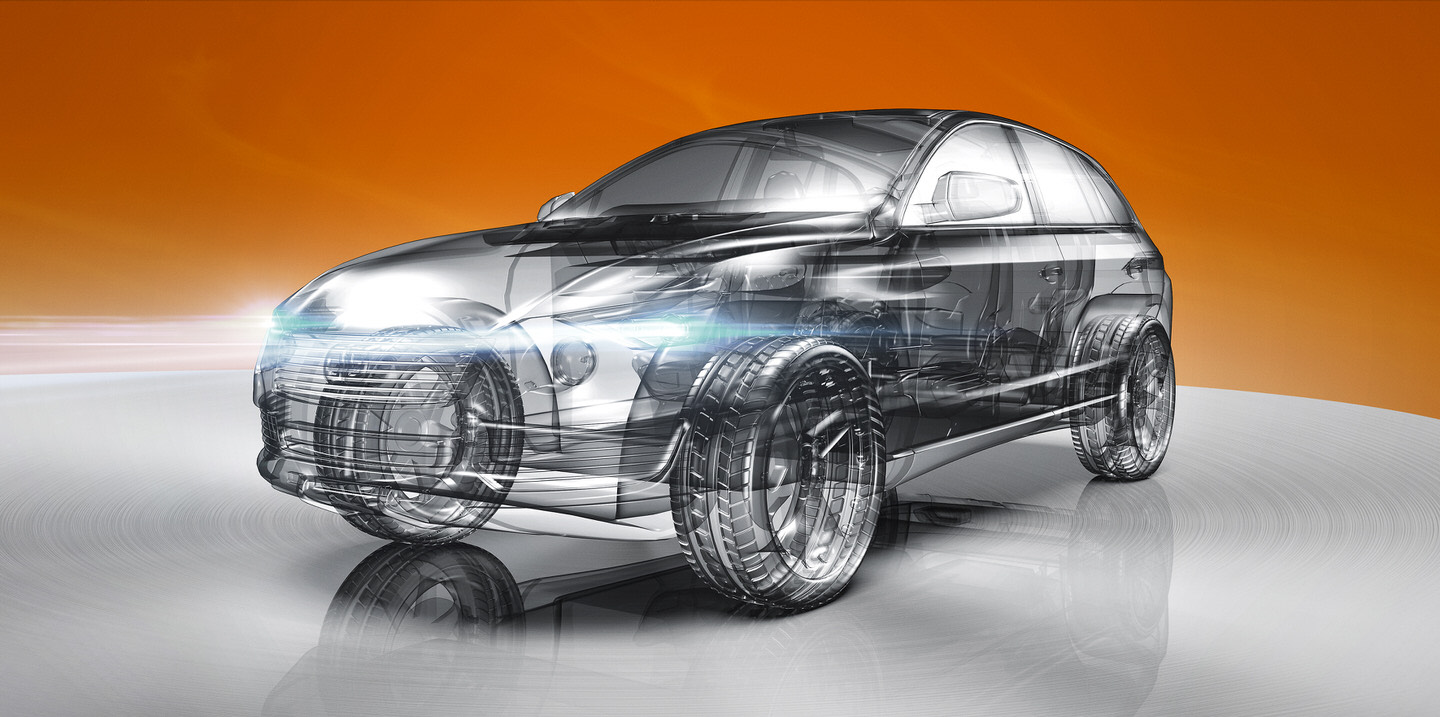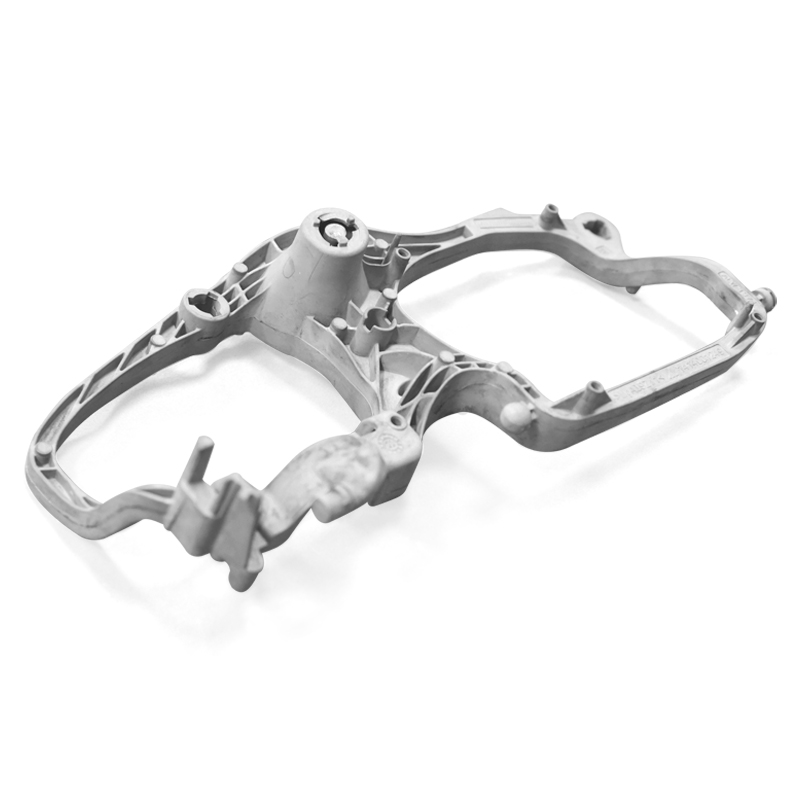Precision medical CNC machining is an advanced manufacturing process that is revolutionizing healthcare by allowing the production of highly complex medical devices and implants with unprecedented accuracy and precision. This technology has the potential to improve patient outcomes, reduce costs, and enhance the overall quality of healthcare.
CNC (computer numerical control) machining is a process that uses computer-controlled machines to produce highly precise parts and components. In the medical field, CNC machining is used to manufacture a wide range of devices and implants, including prosthetics, dental implants, orthopedic implants, and surgical instruments. These devices and implants must meet extremely high standards of accuracy, durability, and biocompatibility to ensure their safety and effectiveness.
Precision medical CNC machining relies on sophisticated software and equipment that allow manufacturers to create highly complex geometries and structures with great accuracy and repeatability. This is particularly important for medical devices and implants that need to fit precisely within the human body and perform their intended function without causing any harm or discomfort to the patient.
One of the key benefits of precision medical CNC machining is the ability to produce customized implants and devices that are tailored to the individual patient’s needs and anatomy. This is particularly important in orthopedics, where implants must match the patient’s bone structure and biomechanics to ensure optimal performance and longevity. Customized implants can also reduce the risk of complications and improve patient outcomes by reducing the need for revision surgeries and other interventions.
Another benefit of precision medical CNC machining is the ability to produce devices and implants with complex geometries and features that would be impossible or extremely difficult to produce using traditional manufacturing methods. For example, 3D printing, a type of CNC machining, can be used to create porous structures that promote bone growth and integration, improving the long-term stability and functionality of implants.
Precision medical CNC machining also offers greater efficiency and cost-effectiveness compared to traditional manufacturing methods. CNC machines can work 24/7 with minimal human intervention, reducing the time and labor required to produce complex medical devices and implants. This can translate into lower costs for patients and healthcare providers, making advanced medical technologies more accessible to a wider range of patients.
There are, however, some challenges associated with precision medical CNC machining. One of the main challenges is ensuring the biocompatibility of the materials used in the manufacturing process. Medical devices and implants must be made from materials that are safe, durable, and compatible with the human body. This requires careful selection of materials and rigorous testing to ensure their safety and effectiveness.

Another challenge is ensuring the quality and consistency of the manufacturing process. CNC machines must be calibrated and maintained regularly to ensure that they produce parts and components that meet the required specifications. This requires highly skilled technicians and quality control procedures that are tailored to the specific needs of the medical industry.
Despite these challenges, precision medical CNC machining is rapidly becoming an essential tool in the healthcare industry, allowing manufacturers to produce highly complex and customized medical devices and implants with unprecedented accuracy and precision. This technology has the potential to improve patient outcomes, reduce costs, and enhance the overall quality of healthcare, making it an exciting development for patients, healthcare providers, and manufacturers alike.
-

- Magnesium alloy die-casting auto parts center control cover
-

- 2022 Մեծածախ Թեժ Վաճառք Հեծանիվների Պահեստամասեր Մագնեզիումի Ալյումինե Մանկական Հեծանիվ Առանց ոտնակային մնացորդի Հեծանիվ Մանկական Բազմաթիվ Գույներ Հասանելի են
-

- Magnesium Aluminium alloy die casting parts Chain cover for automotive
-

- Ultralight suspension fork for MTB
-

- CNC մշակված մասեր Ղեկի բրա
-

- Մանգենիումի համաձուլվածքի ձուլում Thixomolding մետաղական մասեր

 0086-750-5616188
0086-750-5616188 +86 13392089688
+86 13392089688 sales@zhongmei-tech.com
sales@zhongmei-tech.com







